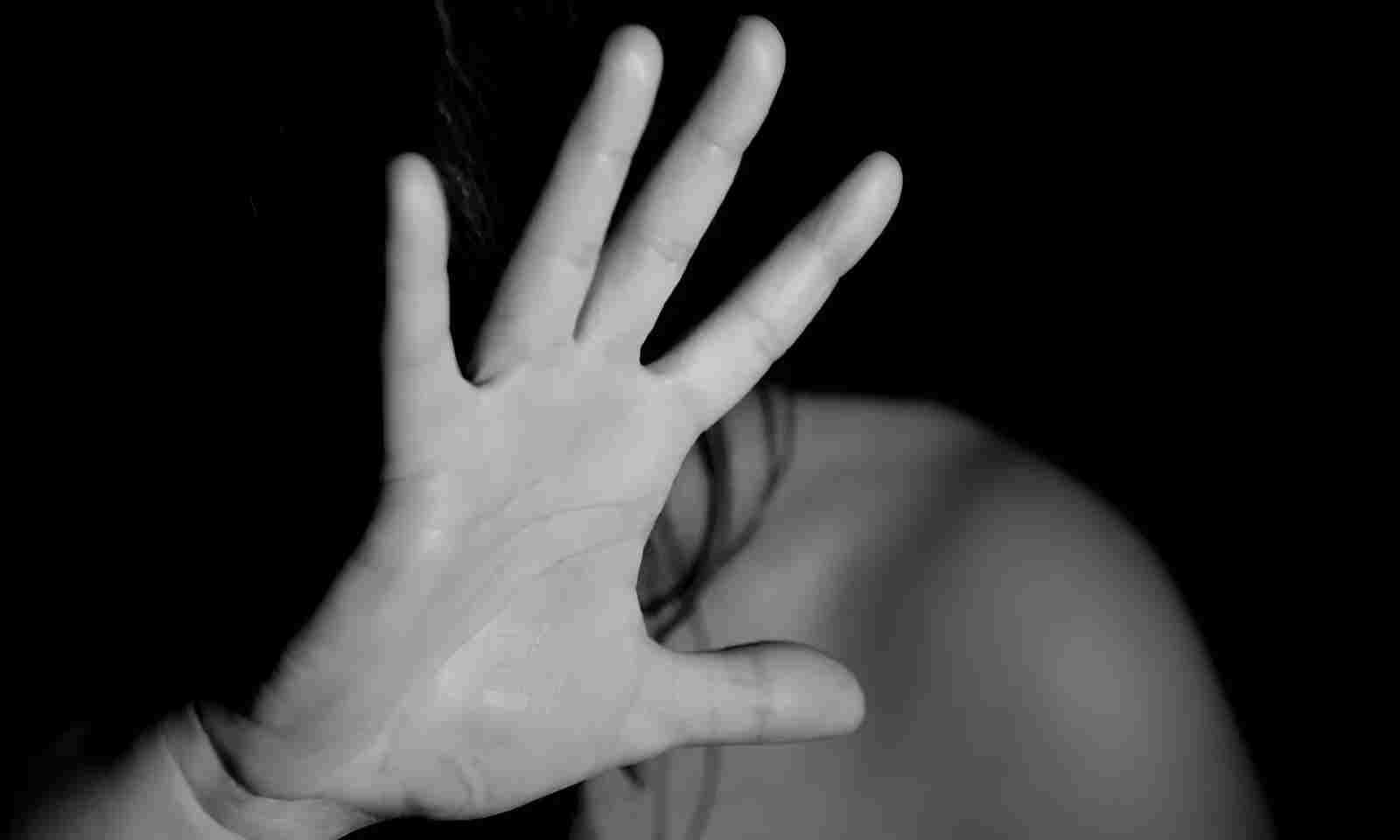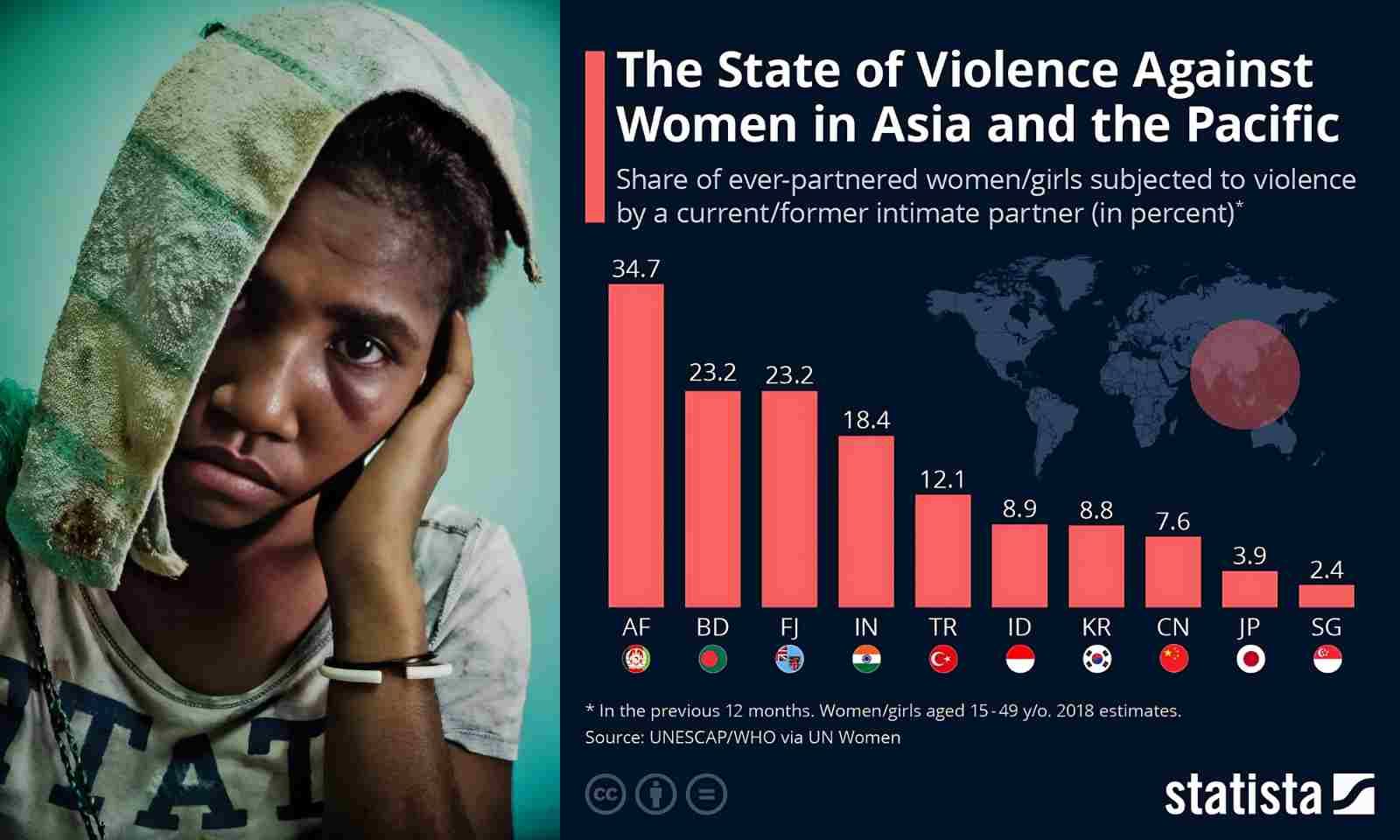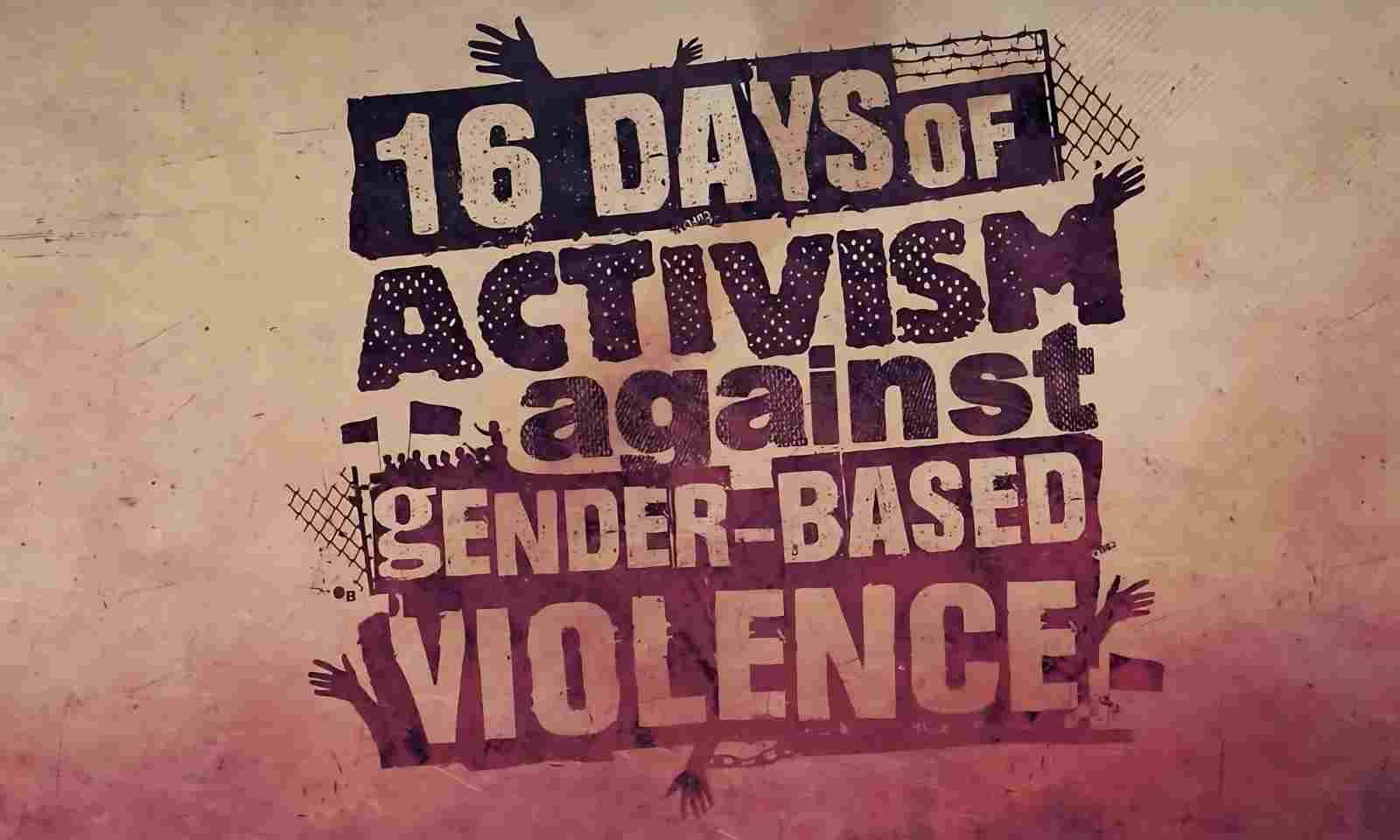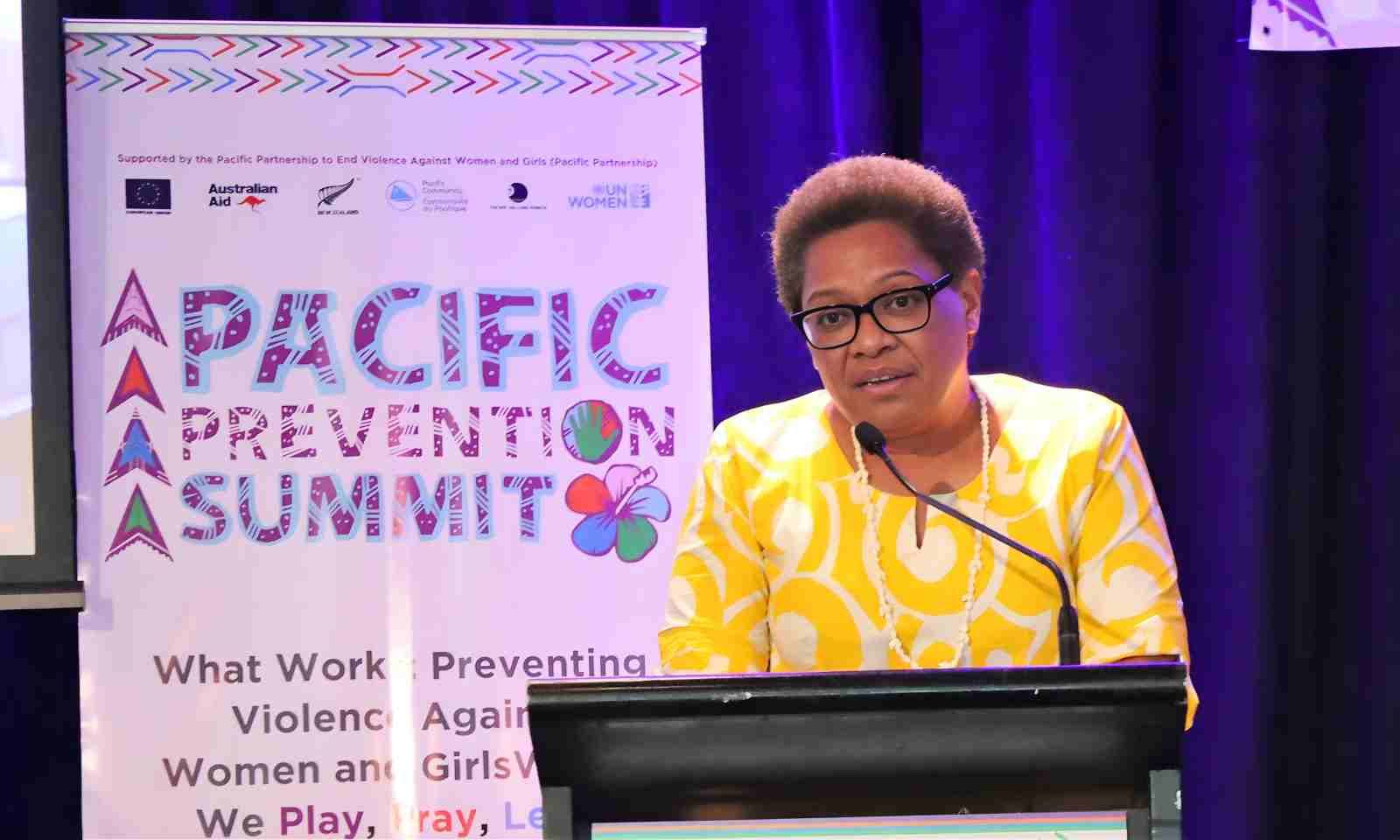

The 25th anniversary of the International Day for the Elimination of Violence Against Women was marked on 25 November.
Photo/UN Women Pacific
'Most pervasive': UN report reveals increased violence against Pacific women
Gender-based attacks are not only physical but include sexual, psychological, emotional, and economic abuse, according to new data.




Tyrun re-imagines Niuean love in smooth new R&B single ‘Fila’




Tyrun re-imagines Niuean love in smooth new R&B single ‘Fila’
Violence against women and girls is a widespread human rights violation, with femicide being the most extreme form, according to a United Nations report.
This violence includes acts committed by a current or former intimate partner within the contexts of marriage, cohabitation, or any other formal or informal union that inflict physical, sexual, or psychological harm.

Photo/UN Women
The report, titled Femicides in 2023: Global Estimates of Intimate Partner/Family Member Femicides, shows that one woman or girl is killed every 10 minutes by their intimate partner or family member.
Released last month by the UN Office on Drugs and Crime (UNODC) and UN Women, the publication provides updated global estimates of these killings for 2023, highlighting that these deaths are preventable despite insufficient progress in addressing the issue.
According to the most recent data, an intimate partner or a family member commits 60 per cent of all female homicides.
The report also identifies risk factors associated with femicides and highlights some regions that have achieved slight decreases in these statistics.

Photos/UN Women
The report also indicates that violence against women and girls in Pacific Island countries is among the highest in the world, measuring double the global average.
Up to 68 per cent of women in the Pacific report experiencing physical or sexual violence from a partner at some point in their lives, based on prevalence studies conducted in the region.
"The prevalence of reported physical and sexual intimate partner violence taking place in Asia and the Pacific mirrors the global trend, with 12.8 per cent of women aged 15-49 years having been subjected to it in 12 months before the study," the report stated.
However, the report notes significant disparities between countries.
In Oceania, excluding Australia and New Zealand, the prevalence of reported physical and sexual intimate partner violence in the past 12 months is 30 per cent in Melanesia, 22 per cent in Micronesia, and 19 per cent in Polynesia.
"The Ending Violence Against Women and Girls (EVAWG) programme within the Fiji Multi-Country Office (MCO), which services 14 Pacific Island countries and territories, aims to empower women and girls in the Pacific to live free from violence.
"This programme takes a holistic approach to this complex issue, supporting Pacific-led initiatives to improve policies, address the immediate needs of women facing violence, and prevent such violence from occurring.
"UN Women provides technical assistance and support to governments and civil society organisations across the Pacific that are addressing violence against women and girls (VAWG).
"The focus is on promoting the adoption and implementation of laws, policies, and plans to prevent gender-based violence and strengthen access to quality services."
However, the report stated that the number of countries reporting these crimes has halved in the past five years, emphasising the need to record every victim to ensure accountability and improve prevention strategies.
"Gender-based violence is rooted in entrenched gender social norms about men's entitlement and privilege over women, unequal gender power relations and socially prescribed gender roles," the report said.
"The impacts of violence extend far beyond immediate physical and emotional trauma for victims/survivors that can last throughout their lifetime."

The 16 Days of Activism against Gender-Based Violence ended on Tuesday. Photo/amarc-ap.org
Fiji's government acknowledges that gender-based violence affects every community in the country.
Prime Minister Sitiveni Rabuka says this issue requires collective action and that preventing violence starts at home.
"We all have a role to play in challenging harmful attitudes that normalise abuse or discrimination," he said.
"Preventing violence is not just about policies or programmes; it is about the values we hold in our homes and the lessons we teach our children."
Another UN Women study in the Solomon Islands revealed that 2021 intimate partner violence resulted in a productivity loss of US$15 million (NZ$25.6m), which accounted for 1 per cent of the Solomons' gross domestic product.
The report, ‘Charting New Paths for Gender Equality and Empowerment: Asia Pacific Regional Report on Beijing +30 Review,’ was launched last month at a ministerial conference in Bangkok.

Mereseini Rakuita, of the Pacific Community, says gender-based violence remains challenging for the Pacific region. Photo/Pacific Community
The report highlighted the broader economic impact of violence against women, affecting the health, social services, and justice sectors.
It also noted that 23.6 per cent of girls aged 15 and older and 28.1 per cent of girls from 15 to 49 experience physical or sexual
violence from current or former partners.
Mereseini Rakuita, the Principal Strategic Lead at the Pacific Community, told the ministerial conference that gender-based violence remains challenging for the Pacific region.
She said that two out of three women in the Pacific experience some form of violence.
"Gender-based violence impacts every sector of the economies in Pacific countries."
Tonga's Minister for Internal Affairs, Lord Vaea, who resigned from Cabinet on Tuesday, delivered a statement on behalf of the Pacific Islands Forum at the ministerial meeting.
He emphasised the importance of prevention and access to services that address emerging issues such as technology-facilitated gender-based violence.
He said these aspects were key to tackling the problem of gender-based violence.